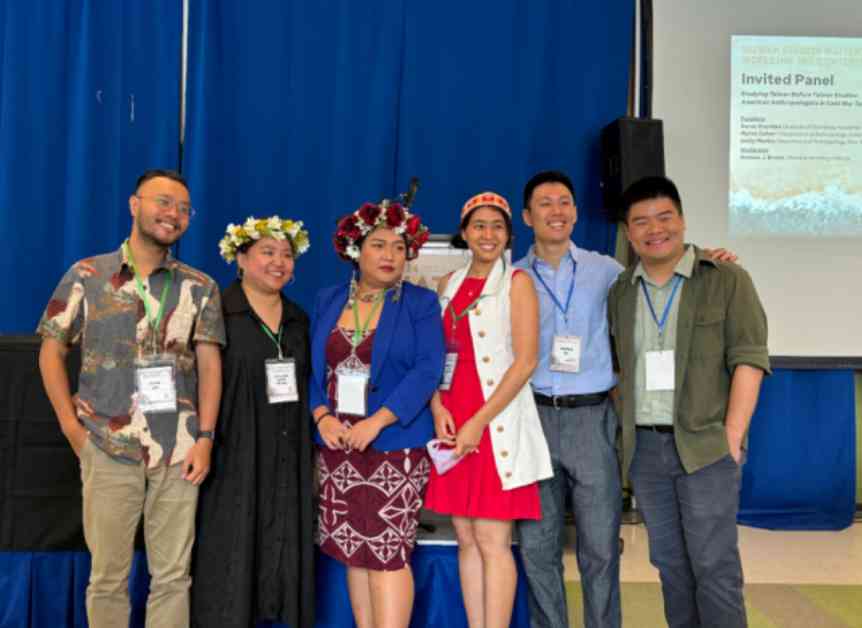Taiwanese Indigenous Studies in North America: Exploring Frontier Politics
Taiwanese Indigenous studies have been gaining traction in North America, prompting scholars to question the extent to which these studies are tolerated within the broader field of Taiwan studies. The North American Taiwan Studies Association recently held its Annual Meeting, focusing on the experiences of early-stage scholars working in Taiwanese Indigenous studies across various institutions and disciplines. This event raised important questions about the role of Indigenous studies in reshaping our understanding of Taiwan’s history and contemporary society.
One of the key discussions at the Opening Ceremony revolved around the idea that simply including Indigenous perspectives in Taiwan studies is not enough. Scholars like Glen Coulthard and Tomo Sugimoto argue that the integration of Indigenous populations into multicultural frameworks can sometimes serve to mask their land rights and political aspirations. This challenges us to move beyond token representation and truly engage with the disruptive nature of Indigenous studies.
Leeve Palrai, a speaker at the event, posed a thought-provoking question about the tolerance levels within Taiwan studies for Indigenous scholarship. This question highlights the need to critically examine how Indigenous perspectives can reshape our understanding of Taiwan and its complex history. By centering Indigenous voices, we can challenge the dominant narratives that have marginalized Indigenous communities for centuries.
The speakers at the event, including Leeve Palrai, Nikal Kabala’an, and Eleng Kazangiljan, emphasized the importance of building relationships between Indigenous studies and other disciplines. They advocated for interdisciplinary dialogues that can provide a more comprehensive understanding of Indigenous peoples and histories across borders. By fostering these connections, scholars can work towards a more equitable and inclusive approach to studying Indigenous communities.
Nikal Kabala’an, a PhD candidate at the University of Washington, shared her journey in Indigenous studies between Taiwan and Seattle. Her presentation highlighted the interconnectedness of human societies, animals, and environments, emphasizing the need for a holistic approach to Indigenous research. By engaging with various disciplines and institutions, Nikal demonstrated how Indigenous-centered change can be achieved through collaborative efforts.
Leeve Palrai delved into the challenges of carving out a space for Taiwanese Indigenous studies within the broader academic landscape. She critiqued the prevailing narratives of Taiwanese Indigenous studies, pointing out how they often perpetuate the legacy of settler colonialism. By challenging these narratives and advocating for a more intersectional approach, Leeve Palrai called for a reevaluation of how Indigenous perspectives are integrated into academic discourse.
Eleng Kazangiljan shared her reflections on the Taiwan and Hawaiʻi Indigenous self-determination movements, highlighting the importance of transnational solidarity in supporting Indigenous struggles. She emphasized the need for a broad notion of solidarity that transcends cultural boundaries and fosters mutual respect for Indigenous land and heritage. By building relationships based on shared values and experiences, Eleng underscored the potential for global Indigenous movements to effect change.
In conclusion, the discussions at the North American Taiwan Studies Association Annual Meeting underscored the transformative potential of Taiwanese Indigenous studies in reshaping academic knowledge and public discourse. By centering Indigenous voices and challenging existing narratives, scholars can work towards a more inclusive and equitable approach to studying Taiwan’s complex history and contemporary society. The event served as a crucial step in the ongoing evolution of Indigenous studies in North America and beyond.












